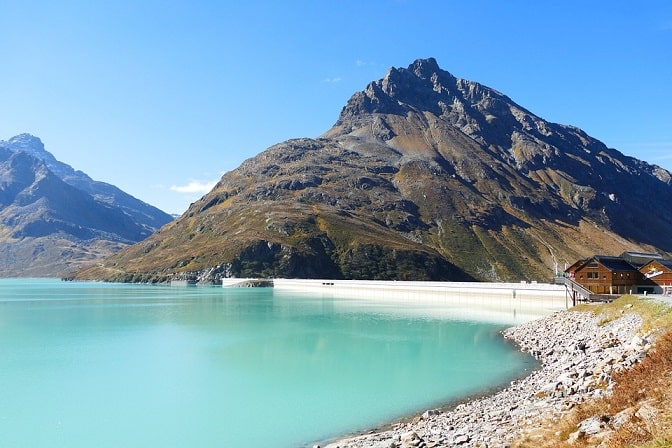Water stress currently affects more than 2 billion individuals globally, and this figure is projected to rise dramatically in the next decade or two, especially in arid, water stressed areas such as Sub-Saharan Africa and the Middle East.
Water stress currently affects countries on every continent, hindering economic and social development as well as the sustainability of natural resources. There has already been a rise in the number of countries experiencing water stress, from 36 countries in 1998 to 41 countries in 2011; 10 of these countries in Central Asia, Northern Africa and on the Arabian Peninsula withdrew in excess of 100 % of their renewable fresh water resources. These figures are set to rise even more by 2030.
The only way to stop this from happening is holistic management of the water cycle. Holistic management means taking into account the level of water stress, calculated as the ratio of total fresh water withdrawn by all major sectors to the total renewable fresh water resources in a particular country or region.
The holistic water management paradigm also acknowledges, seeks to understand, and in some instances to reverse, humanity’s impact on the ˜small water cycle.’ Part of this means understanding evaporation, respecting it as the source of all precipitation and managing it accordingly.
The primary limiting factor to productivity is not the amount of rainfall received, but the effectiveness of the rainfall received. While we cannot influence the amount of rain that falls, we can influence the effectiveness of what rain does fall. Effectiveness of rainfall is governed at the soil surface by whether the raindrops go into the soil surface or run off, and that when they do enter the soil, whether they remain there or quickly evaporate away due to direct ˜sun to bare soil’ contact.
In a fully effective water-cycle, all rainfall will sink into the soil, which will mean better crops/gardens, and less need to irrigate using piped water. This can be achieved by ensuring that all soil surfaces are covered with organic mulch and the soil below is loose and aerated, allowing water to pass through.
Get water dispensers and bottled water dispensers from Living-Water.






